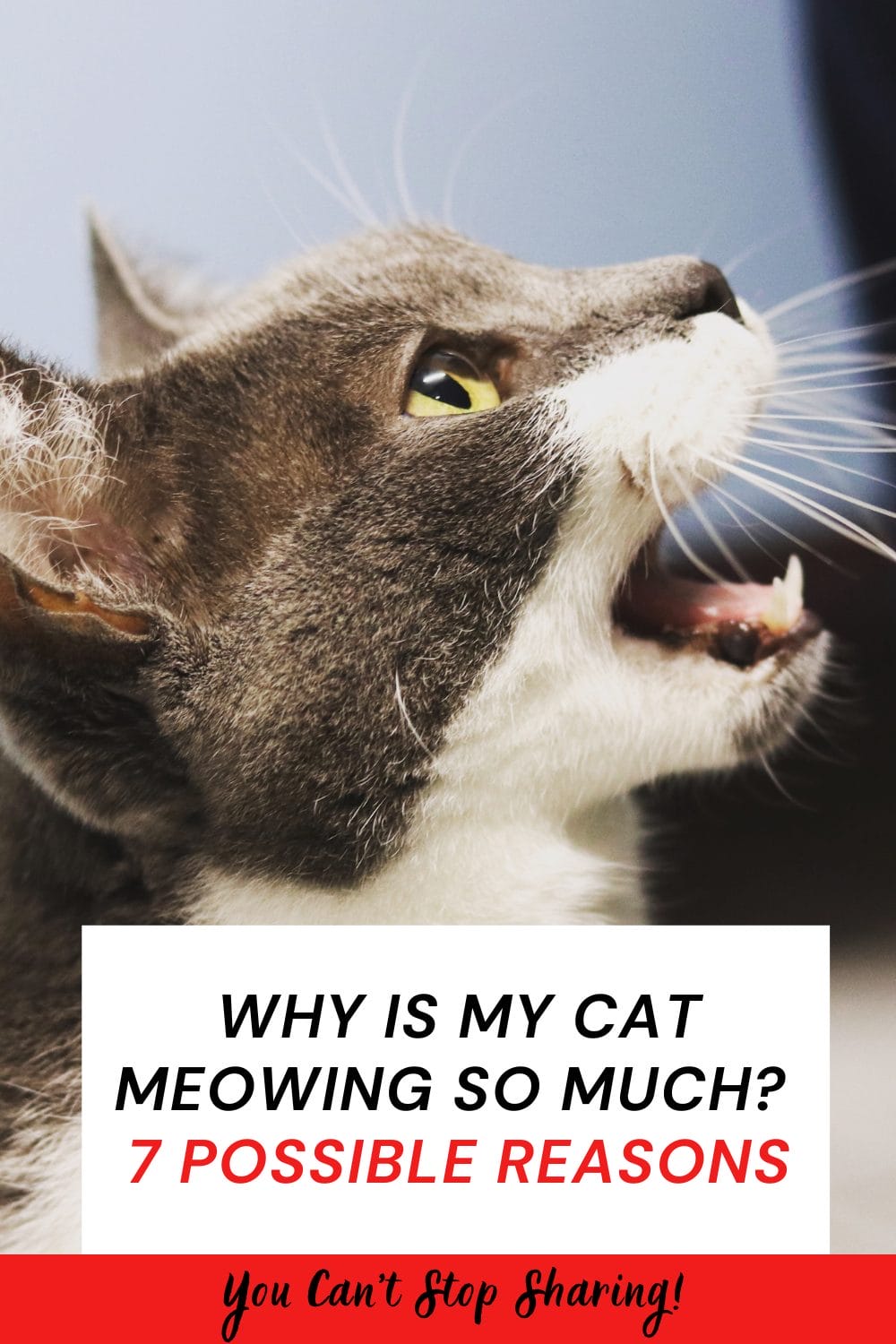
Cats are known for their mysterious ways, but when your normally quiet feline suddenly becomes a chatterbox, it can leave you scratching your head.
If you’ve wondered, “Why is my cat meowing so much?”, you’re not alone.
Excessive meowing in cats is one of the most common concerns among pet owners, and it can be more than just a quirky personality trait—it could be your cat’s way of telling you something important.
In this blog, we’ll explore the signs of excessive cat meowing, break down 7 possible reasons your cat won’t stop meowing, and offer tips to reduce constant meowing so both you and your kitty can enjoy a little more peace.
Signs Your Cat is Meowing Too Much
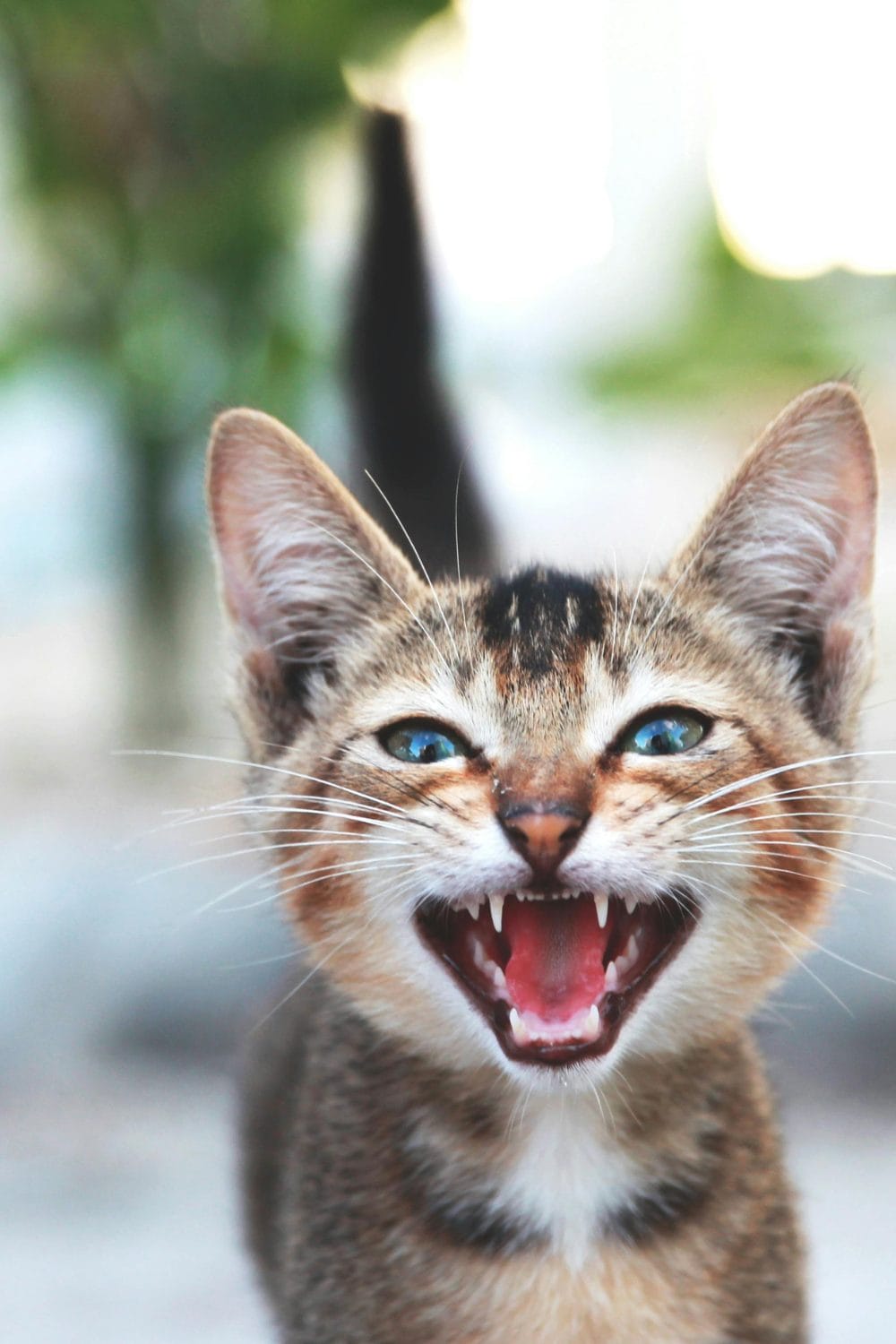
Every cat has its own unique way of communicating, but here are a few signs that your cat’s meowing might be excessive or abnormal:
- Constant vocalizing at all hours of the day and night
- Loud, urgent, or distressed-sounding meows
- Meowing combined with pacing, restlessness, or clinginess
- Disruption to your sleep or daily routine
- Meowing that seems to have no obvious cause
If your cat is suddenly more vocal than usual or the meowing becomes frequent and disruptive, it may be time to investigate the underlying cause.
7 Possible Reasons Why Your Cat is Meowing So Much
Let’s dive into some of the most common causes behind all that feline chatter.
Hunger or Thirst
The most obvious—and common—reason your cat won’t stop meowing is because they’re hungry or their water bowl is empty.
Cats are creatures of habit, and if their mealtime is delayed even slightly, they’ll often remind you loudly and persistently.
Even if your cat has food in the bowl, they may be picky about freshness or simply trying to get their favorite treat.
Make sure your cat has access to clean water and high-quality cat food.
Seeking Attention
Some cats meow simply because they want your attention.
Whether it’s for petting, playtime, or just companionship, attention-seeking behavior is common, especially in social or high-energy cat breeds like Siamese or Bengals.
If your cat starts meowing every time you enter a room or when you’re busy on your laptop, it might be trying to say, “Hey, notice me!”
Medical Issues
Increased vocalization can be a sign of illness or discomfort. Conditions such as hyperthyroidism, kidney disease, urinary tract infections, or even dental pain can cause your cat to cry out more frequently.
Senior cats, in particular, may develop cognitive issues that lead to confusion and more vocal behavior, especially at night.
If your cat’s meowing is accompanied by other unusual symptoms—like changes in appetite, weight loss, hiding, or bathroom issues—schedule a vet check-up immediately.
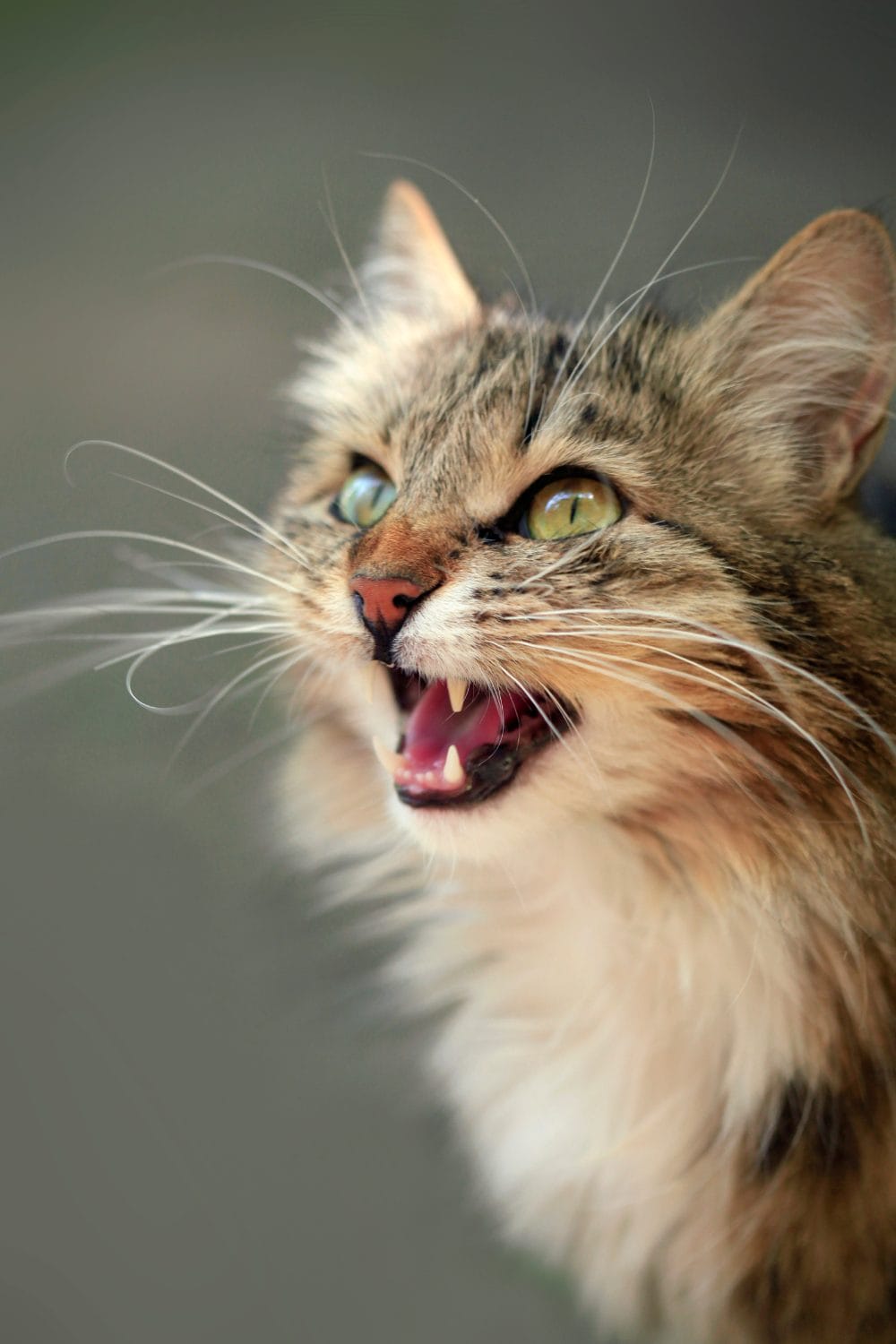
Stress or Anxiety
Cats can become anxious due to changes in their environment, such as moving to a new home, the arrival of a new baby or pet, or even changes in their routine.
Stress-induced meowing may sound different—more urgent or drawn out—and may be accompanied by other signs like hiding, grooming excessively, or aggression.
Providing a stable environment, safe hiding spots, and consistent routines can help calm an anxious cat.
Mating Behavior
If your cat isn’t spayed or neutered, you may hear loud yowling, especially at night.
Female cats in heat will meow excessively to attract a mate, while males may respond to the scent or sound with their own vocalizations.
This type of meowing is typically loud, persistent, and difficult to ignore.
The best way to curb this behavior is to spay or neuter your cat, which also helps prevent unwanted litters and health issues.
Boredom
Indoor cats often don’t get enough stimulation, which can lead to boredom-induced meowing. Without toys, playtime, or interaction, your cat may vocalize simply out of frustration or to entertain itself.
Interactive toys, cat trees, and window perches can help prevent boredom and reduce the need for your cat to fill the silence with meows.
Habit or Learned Behavior
Cats are clever. If they learn that meowing gets them what they want—whether it’s food, treats, or cuddles—they’ll keep doing it.
This can lead to a cycle where the meowing becomes habitual. You reward the meowing (even unintentionally), and your cat learns to repeat it for results.
To break the cycle, you’ll need a mix of patience and consistency, using positive reinforcement for quiet behavior and ignoring excessive meowing.
What are the Tips to Prevent Excessive Cat Meowing?
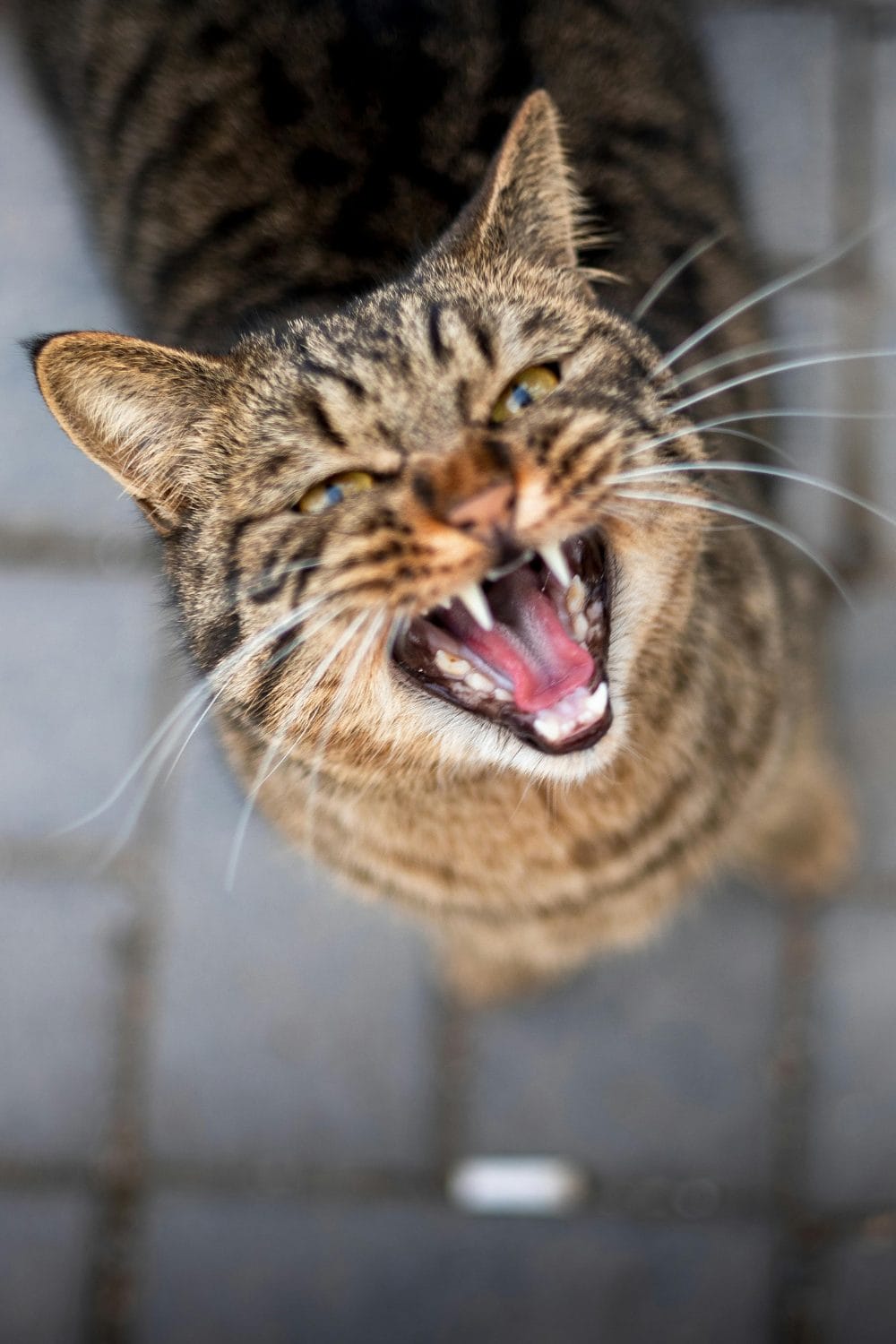
If you’re struggling with a cat that just won’t stay quiet, here are a few proven ways to manage or reduce excessive meowing:
Stick to a Schedule
Cats thrive on routine. Feed them at the same time each day and maintain regular play and cuddle sessions
Rule Out Health Issues
Visit your vet to ensure there’s no underlying medical cause behind the excessive vocalizing.
Provide Enrichment
Keep your cat mentally and physically engaged. Use puzzle feeders, toys, and climbing structures.
Use Calming Products
Products like Feliway diffusers, calming collars, or treats with L-theanine can help soothe anxious or stressed cats.
Reward Quiet Behavior
Don’t reward meowing with attention. Instead, wait for silence before offering food or affection.
Spay or Neuter
If your cat is vocal due to mating behaviors, spaying or neutering can greatly reduce the noise.
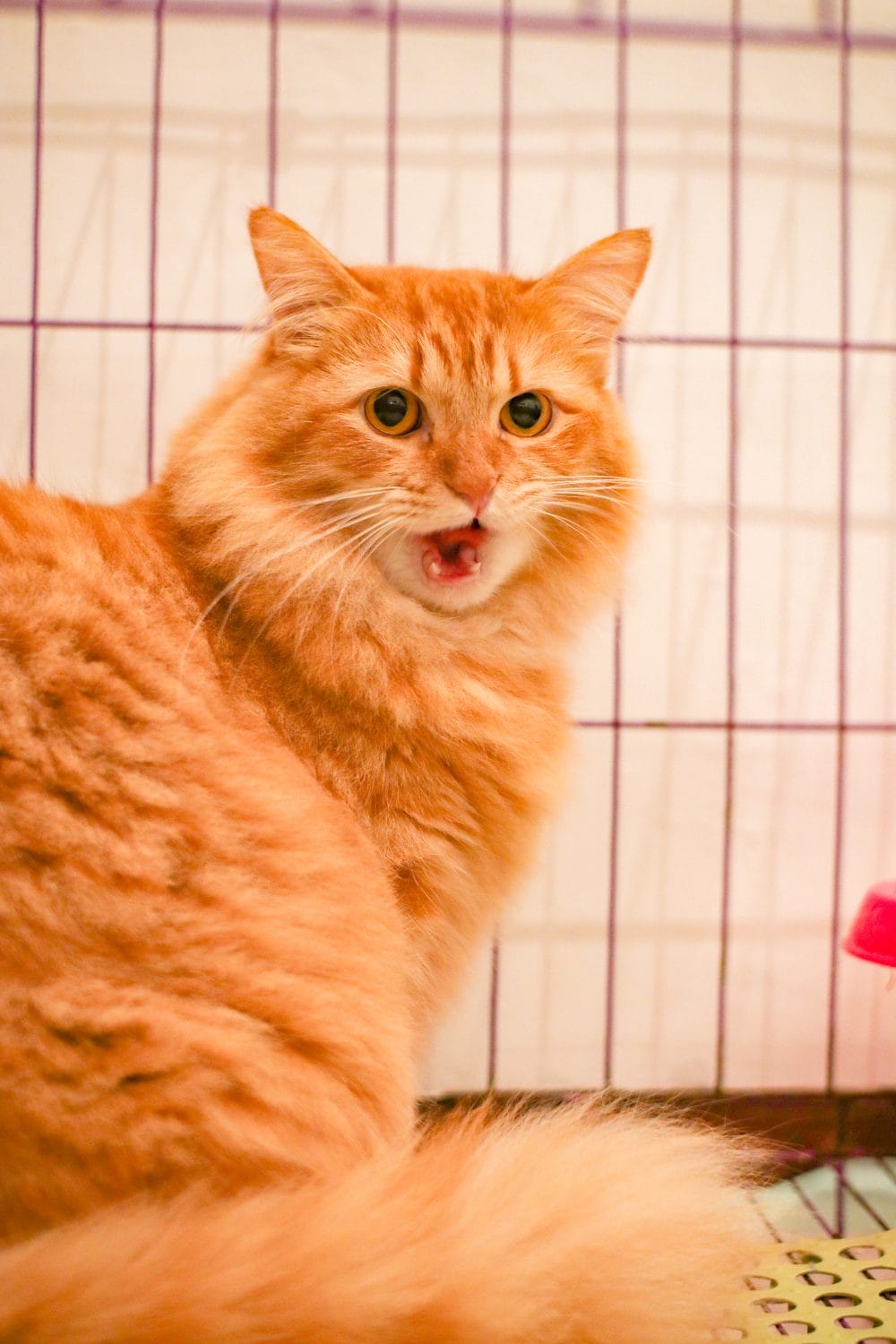
Conclusion
So, why is your cat meowing so much? It could be anything from hunger and attention-seeking to more serious health concerns.
The key is to observe your cat’s behavior, rule out medical issues, and adjust your environment or routine accordingly.
Excessive meowing doesn’t have to become your new normal. With a little time, patience, and care, you can restore a sense of calm—for both you and your furry friend.
Frequently Asked Questions
It depends on the cat. Some breeds, like Siamese, are naturally more vocal. However, sudden or excessive meowing could indicate an issue that needs attention.
Night-time meowing can be due to hunger, boredom, mating behavior, or even age-related confusion. Try offering more daytime activity and consult a vet if it continues.
Yes, stress is a major trigger. Changes in environment, new people or pets, or loud noises can all lead to anxiety and increased vocalization.
If the meowing is sudden, persistent, or accompanied by other symptoms (like not eating, vomiting, or hiding), contact your vet immediately.
Stick to regular feeding times and avoid giving in to begging. Use automatic feeders and reward your cat only when they’re quiet to break the habit.
- Dogs Pooping Blood: A 2026 Guide for Concerned Pet Parents - February 23, 2026
- How to Celebrate a Dog’s First Birthday on a Budget: 2026 Guide - February 18, 2026
- Best Shampoo for Sensitive Skin Dog Grooming: 2026 Guide - February 12, 2026


GIPHY App Key not set. Please check settings